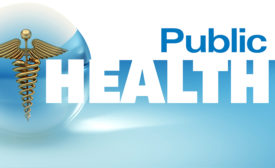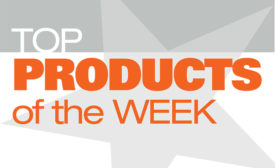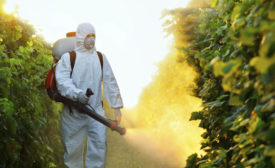News
New certification rolled out for PSM professionals
For engineers in chemical, petrochemical industries
May 31, 2016
How grieving women laid the groundwork for Memorial Day
All Americans asked to observe a momentum of silence at 3 p.m.
May 30, 2016
Never miss the latest news and trends driving the safety industry
eNewsletter | Website | eMagazine
JOIN TODAYCopyright ©2024. All Rights Reserved BNP Media.
Design, CMS, Hosting & Web Development :: ePublishing









